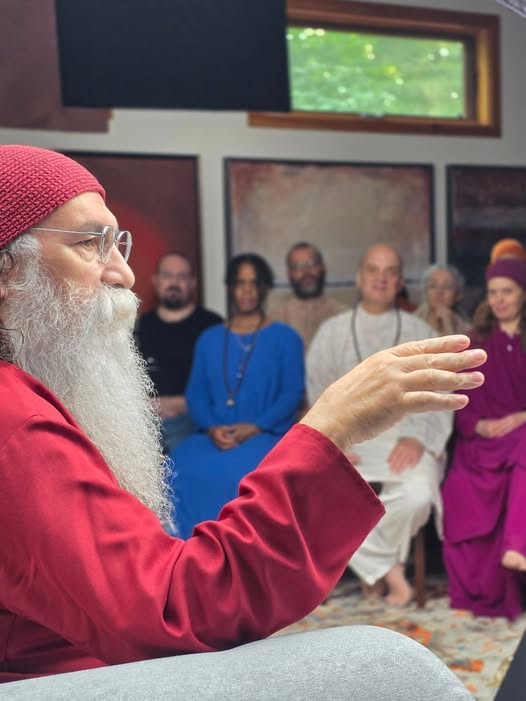“Institutionalized religions, considered from their historical formation, are founded on a misunderstanding that not only runs through them, but constitutes them from their very foundations. When confronted with mystery, the disciples were unable to sustain the tension of a quest that demanded solitude, silence, surrender, and radical exposure. Unable to inhabit that wilderness, they sought in the proximity of others the illusion of a certainty they could not yet find in their own experience. They confused closeness with clarity, group cohesion with a lucidity that can only be achieved individually. They clung to each other like blind people who, holding hands, imagine that contact can replace vision, clarity. From there, from that impulse to alleviate vertigo, arose the institutional machinery of the sacred: temples, doctrines, theologies, superstitions, beliefs, hierarchies, and authority. Not as the natural unfolding of a shared truth, but as protection against the impossible to define.
However, truth does not circulate through accumulation or contagion. It is not inherited, transferred, or sustained by numbers. Its appearance is always singular, unrepeatable, and belongs to the non-transferable realm of the inner self. It is not born of the relationship between disciples, but of the fire that each one, in the solitude of their presence before the master, decides to light—or not. For this reason, it is imprecise to speak of community or collectivity in this context. There is no established brotherhood among disciples, but merely a convergence. They are not linked horizontally, but share a direction. They advance separately, without proclamation, guided by a common light that is not shared, even though they all walk toward it. And if they cross paths on that journey, they do not hold back: they recognize each other, perhaps smile, and continue on their way. There is no bond that ties them together, no form that organizes them. What remains is a discreet, real resonance that does not fix identities or raise emblems. Only that deserves the name sacred. Everything else—systems, creeds, institutions, doctrines, hierarchies—is administration wrapped in fervor. It is only domination and control disguised as spirituality or religious enthusiasm.
The true disciple does not found organizations. He does not build structures, institute traditions, or leave schools or organizations. His last gesture is simply to disappear.”
Prabhuji




